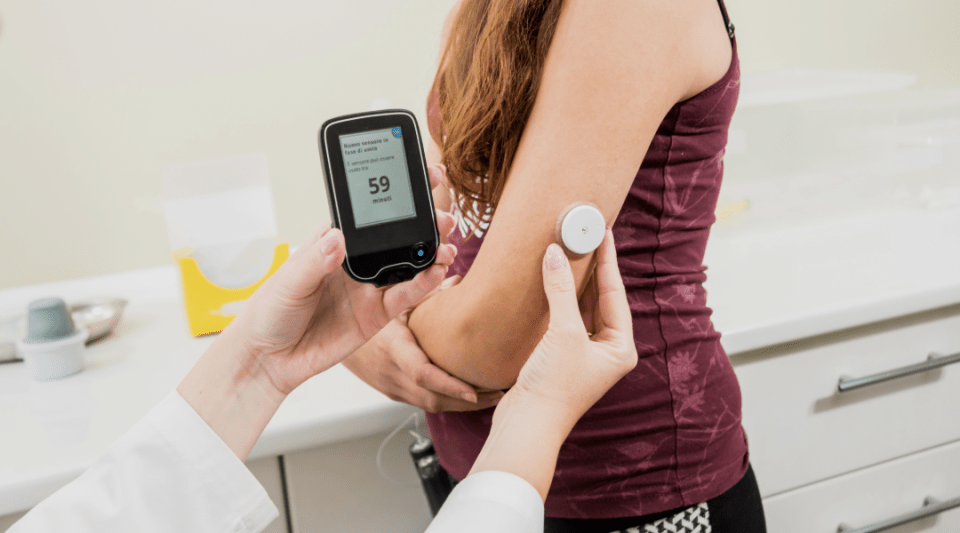Research - Unit of Diabetes
The research of the Diabetes Unit is focused on finding the pathogenic mechanisms involved in the occurrence of diabetis, improving its control, and preventing its chronic complications. Most of the research is linked to the August Pi i Sunyer Biomedical Research Institute (IDIBAPS), in the Liver, digestive system and metabolism area. And specifically to the groups of
Other IDIBAPS groups are also involved, with members from different Services of the Diabetes Unit participating (Area: Biological aggression and response mechanisms, group "Ocular inflammation: clinical and experimental studies; Area: Nephrology and Transplantation...").
Experimental research:
- Mechanisms of apoptosis and regeneration of the beta cell.
- Transcriptional circuits that regulate beta cell function.
- Growth factors and pancreatic islet transplantation.
- Formation of amylin deposits and beta cell dysfunction.
- Impact of lifestyle on diabetes.
- Circulating microRNAs as potential biomarkers and therapeutic targets in type 2 diabetes.
- Mechanisms and treatment of endothelial dysfunction in type 2 diabetes.
- Diabetes of genetic origin.
- Application of nanovaccines for diabetes.
- In silico models for the application of closed-loop algorithms and artificial intelligence to diabetes.
Clinical research:
- Clinical research on different closed-loop algorithms (artificial pancreas) applied to diabetes control.
- Application of risk prediction strategies and machine learning to algorithms for the treatment of diabetes with multiple doses of insulin and continuous glucose monitoring
- Personalization and optimization of treatment in people with Type 1 Diabetes through new digital tools and technological solutions.
- Therapeutic Education Strategies at the initiation of automatic insulin delivery systems (artificial pancreas).
- Study of the cardiovascular risk profile of patients with type 1 diabetes.
- Pancreas transplant.
- Diabetes and exercise.
- Hypoglycemia and its consequences in patients with diabetes.
- Cardiovascular disease in newly diagnosed diabetes.
- Application of angioOCT to the diagnosis of diabetic retinopathy.
- Artificial intelligence strategies applied to the early diagnosis of diabetic retinopathy.
Several members of the Diabetes Unit are part of the diabetes and obesity CIBERs.


